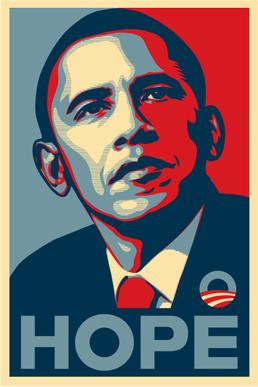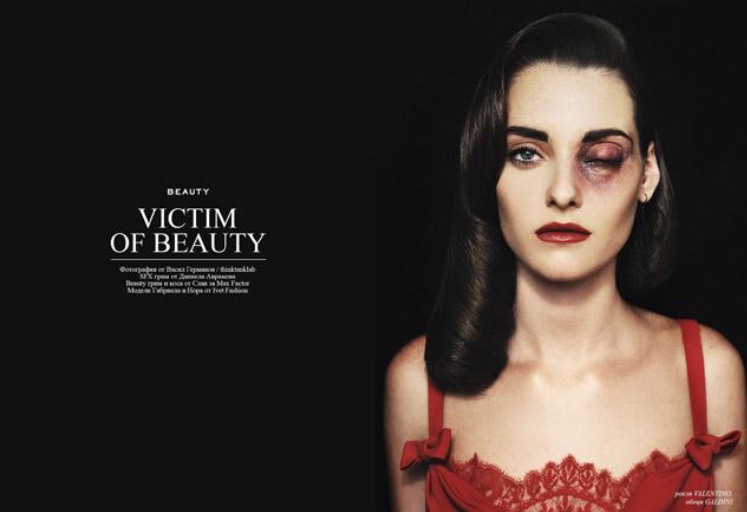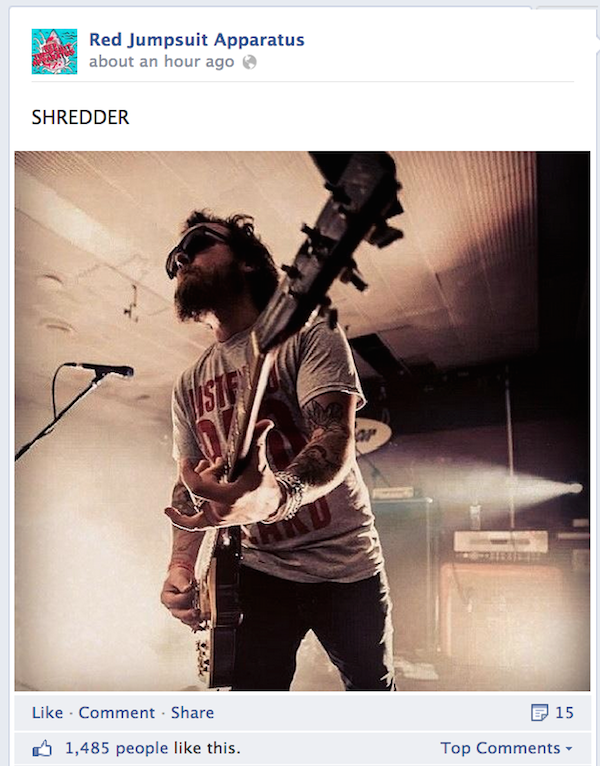
The repeatable, memorable nature of viral dances is by design. Creators and influencers make moves that appeal to the masses, not only to view but to imitate and respond in their own posts. The most popular of viral dances may have millions of imitations by viewers, fans, and other aspiring influencers. So often, the popularity of (potentially) viral dances is in this repeatability, but is there a line at which imitation becomes theft of intellectual property? Can viral dance moves even be considered intellectual property, or does their trend-able nature make them inherently free to the public? However one may answer these questions, another still remains unanswered: What about when these dances are taken by billion dollar companies, hidden behind a paywall, and made to be associated specifically with a paid product?
Of course, when an individual repeats a dance move or short combination they saw on TikTok, they very likely are using it for their own motives, which often revolve around recognition and attention. In an age where individuals can be paid for their online presence through sponsorships and the like, this may very well lead them to monetary gain. Hence, the gray area of viral dance as intellectual property. But once again, wherever one stands on this (laws are also not entirely clear), there is undoubtedly something more sinister in the works when companies such Epic Games take viral dances (ex. the Floss) and code them into games like Fortnite as ‘emotes,’ which are paid add-ons to characters that players can use to express emotion in game. There is surely an appeal to this approach for these game developers, since not only does adding these viral dances make players more likely to pay more, but it also makes those dance moves automatically associated with the game, giving all the attention that may have gone to the move’s creator, to, in this example, Fortnite, or Epic Games.
There have been multiple lawsuits regarding Fortnite and its use of dance moves without creator permission or compensation, but they have not led to any significant change on the matter. Epic Games is a billion dollar company, after all, and since copyright laws on dances are unclear, the company will likely continue to hijack attention from viral dance creators to bring customers to their games.
Viral dances are indeed designed to be imitated. This obviously puts them in a gray area in terms of copyright infringement, but to argue that fans on TikTok and Epic Games do the same thing, would be grossly simplifying the issue. Epic Games uses viral dances for free advertising, and worse yet, puts access to those dances behind a paywall, forcing impressionable users to not only buy the game, but also continually purchase emotes if they want to fit in with the crowd. This is far more than imitating out of flattery, far more than repeating for online clout. It’s taking advantage of creators, stripping them of all credit, and marketing their creations as a product to be consumed.







